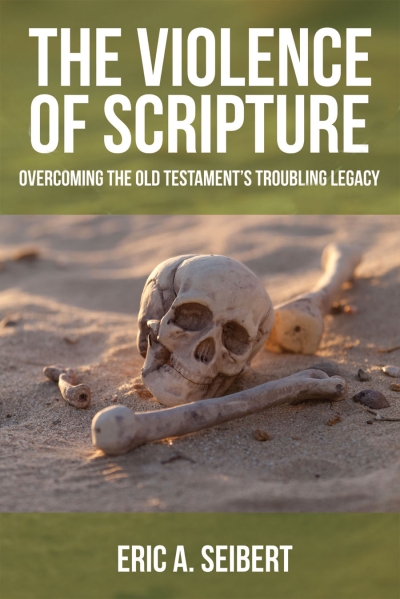The Violence of Scripture: Overcoming the Old Testament's Troubling Legacy
No one can read far in the Old Testament without encountering numerous acts of violence that are sanctioned in the text and attributed to both God and humans. Over the years, these texts have been used to justify all sorts of violence: from colonizing people and justifying warfare, to sanctioning violence against women and children. For those who read the Bible as Scripture, these depictions of "virtuous" violence pose tremendous moral and theological challenges. What can be done to stop people from using the Old Testament in such destructive ways, and how might these violent texts be read more faithfully?
Eric Seibert faces these challenges head-on by confronting the problem of "virtuous" violence and urging people to engage in an ethically responsible reading of these troublesome texts. He offers a variety of reading strategies designed to critique textually sanctioned violence, while still finding ways to use even the most difficult texts constructively, thus providing a desperately needed approach to the violence of Scripture that can help us live more peaceably in a world plagued by religious violence.
Eric Seibert faces these challenges head-on by confronting the problem of "virtuous" violence and urging people to engage in an ethically responsible reading of these troublesome texts. He offers a variety of reading strategies designed to critique textually sanctioned violence, while still finding ways to use even the most difficult texts constructively, thus providing a desperately needed approach to the violence of Scripture that can help us live more peaceably in a world plagued by religious violence.
- This item is not returnable
- Ships in 2 or more weeks
- Kindle - Nook - Google
-
Quantity discount
- # of Items Price
- 1 to 9$29.00
- 10 or more$21.75
$29.00
